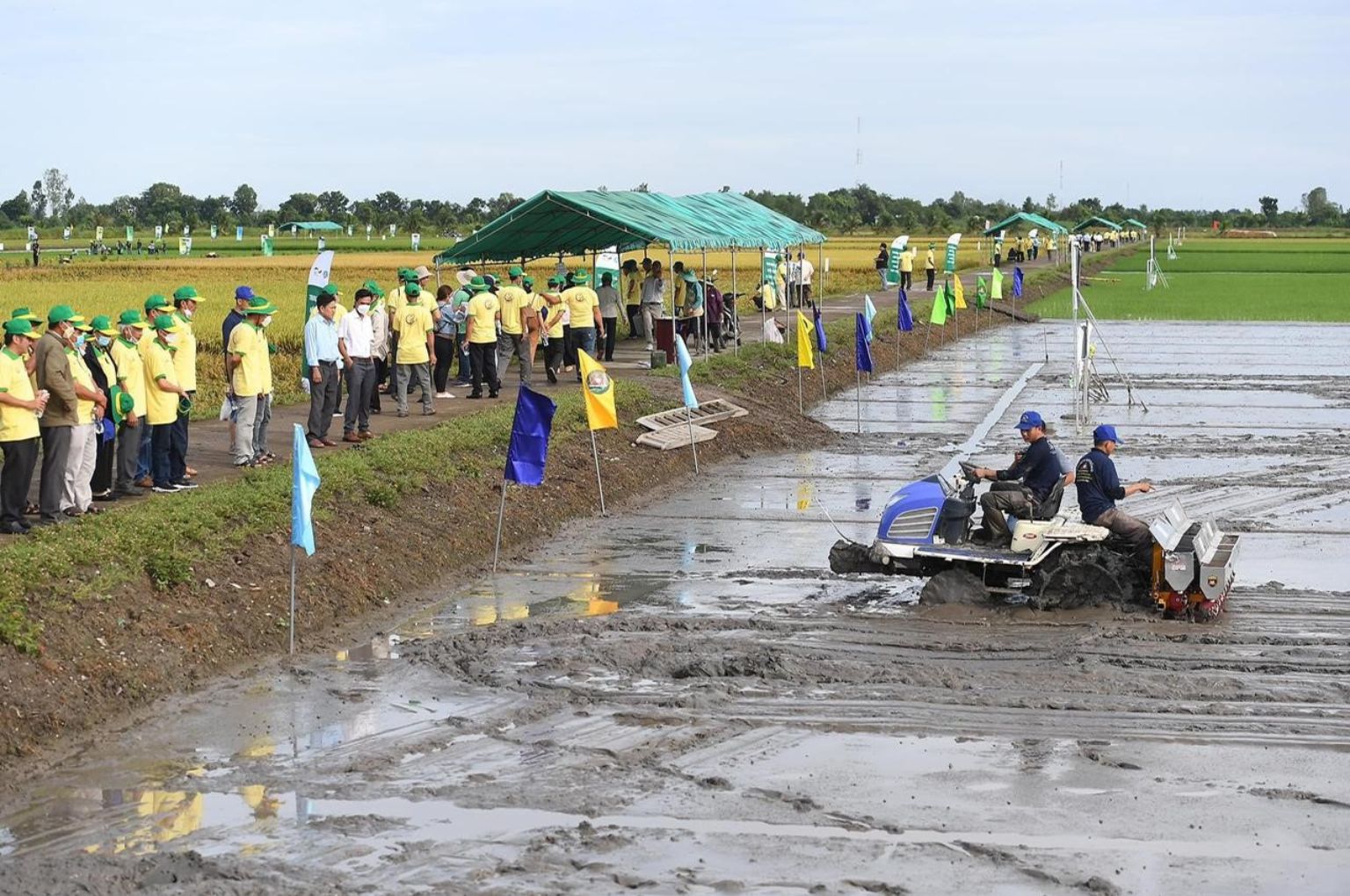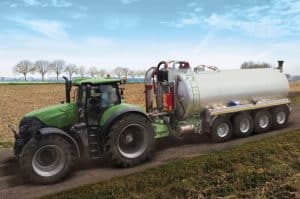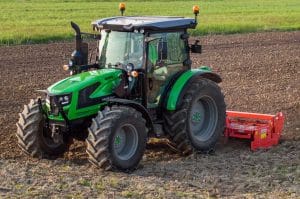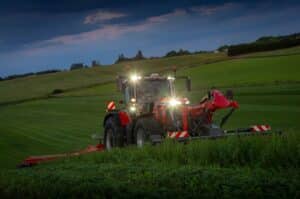Held in Can Tho, Vietnam last August, Agritechnica Asia Live, a 20-hectare outdoor event combining field demonstrations, exhibition and conference program, successfully concluded. The event attracted almost 4,000 farmers, traders, scientists and politicians.
Demonstrating solutions suitable for the local farming needs in Southeast Asia, the second edition of Agritechnica Asia Live was hosted jointly by Vietnam’s Ministry of Agriculture and Rural Development (MARD) and Can Tho City Peoples’ Committee. Organizers were DLG (German Agricultural Society) and VNU Exhibitions Asia Pacific, along with the International Rice Research Institute (IRRI).
At the opening ceremony attended by high-ranking representatives from Vietnam, Thailand and abroad, the Minister of Agriculture of Vietnam, Le Minh Hoan, emphasized that the Agritechnica Asia Live event plays a key role in practical demonstrations of new, available technologies and solutions. These deliver sustainability benefits to farms. “Vietnam aims to reach a minimum rate of 70 percent of mechanization in crop production by 2030 and the income of a farmer will be around 120 million VND [5,140 USD] per year by 2030,” the Minister of Agriculture and Rural Development Le Minh Hoan said. “It is necessary to boost mechanization in agricultural production, apply smart and environmentally friendly technologies towards digitalisation and automation to increase labour productivity, as it is an inevitable solution for efficient agricultural production and sustainable development,” he added.
Located in the Mekong Delta, the fields of Cuu Long Delta Rice Research Institute and the exhibition area in Can Tho City offered an ideal venue for Agritechnica Asia Live to present not only technical agricultural equipment and trial plots that demonstrate crop solutions, but also the processing of agricultural and food products, including livestock, aquaculture as well as fruit and vegetables. More than 80 agencies and companies, including research institutions and non-governmental organizations (NGO) such as the Vietnam Academy of Agricultural Sciences and the German Agency for International Cooperation and companies such as Bayer, Binh Dien Fertilizer, APV, Kubota and Yanmar presented solutions on the field and on outdoor stands.
The German Federal Ministry for Food and Agriculture (BMEL) had designed an information lounge that was popular with visitors due to its interactive format that enabled easy exchange between German technology providers and specialists from Vietnam and neighboring countries.
For many of the exhibitors, Vietnam currently is a needs-driven market with ready buyers of technology that can deliver higher yields while saving on resources.
“Since Agritechnica Asia Live was held in Vietnam this year, this location was great as it is one of our strategic markets in the whole Southeast Asian region. Our demonstrations of the efficient irrigation systems for saving water while achieving higher yields, resulted in many new ideas coming from our discussions with decision-makers and farmers,” commented Mr. Klaus Ferk, Sales Director Asia, Australia and New Zealand at Röhren- und Pumpenwerk Bauer.
Field demonstrations
The live events covered machinery demonstrations and cultivation practices, like laser-controlled land levelling, mechanized direct seeding and transplanting, rice cluster farming with precision seeding, drones for fertilizer and pesticide application as well as for reduced postharvest lodging from reduced lodging risk and improved grain quality. In parallel, trial plots presented rice and local seed varieties along with crop protection solutions. The practical demonstration format allowed farmers quick and effective access to applicable modern technologies that support the aim of sustainable farming.
Workshops on rice production and mechanization in Asia
A series of workshops hosted by MARD and IRRI, were held at Agritechnica Asia Live forming a practical part of MARD’s strategy to promote scale-appropriate mechanisation, cultivation and product processing that support sustainability.
IRRI’s well-attended CORIGAP Science and Lessons Learned Seminars presented the findings from on-going research from the Swiss -funded project ”Closing Rice Yield Gaps in Asia with Reduced Environmental Footprint “. Project partners from Vietnam, China, Indonesia, Myanmar, Sri Lanka, and Thailand presented their results for “good agricultural practices” in rice production, postharvest loss reduction, and sustainable production practices, including reducing environmental footprints, assessing biodiversity in rice landscapes and pathways for the agro ecological transition to sustainable agri-food systems.
Since its inception 10 years ago, the project has reached more than 783,000 farm holdings in the six countries through cooperation with national programs. “Already in 2019, the CORIGAP team was collaborating with DLG, VNU and the Myanmar Ministry of Agriculture to pilot the first Agritechnica Asia Live held in Nay Pyi Taw, Myanmar. This has been a fantastic opportunity once again, especially after all the COVID-induced limitations of the last years, for disseminating the lessons learned to various stakeholders, including policy makers and for cross-country learning and exchange,” said Martin Gummert, IRRI-CORIGAP coordinator.















